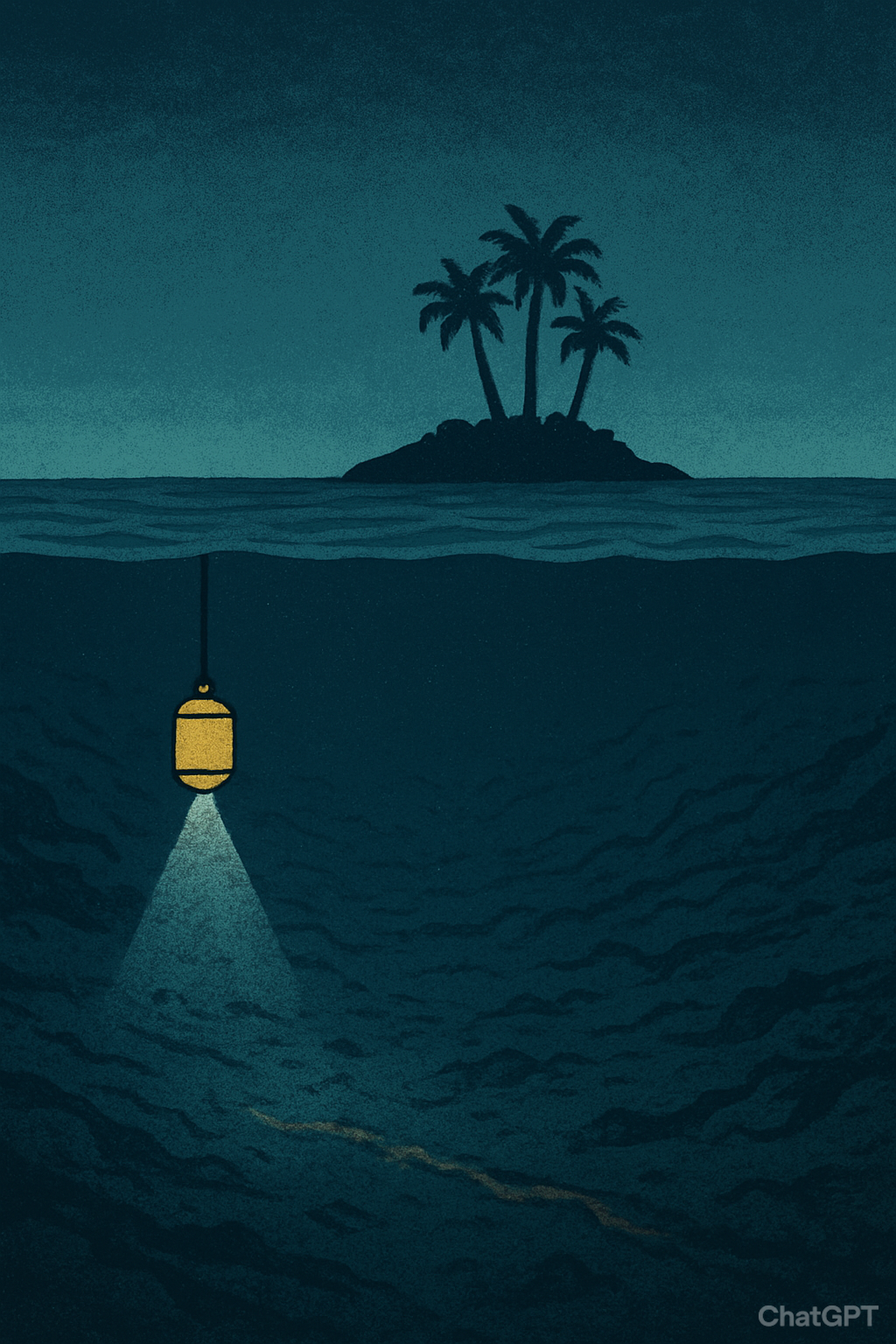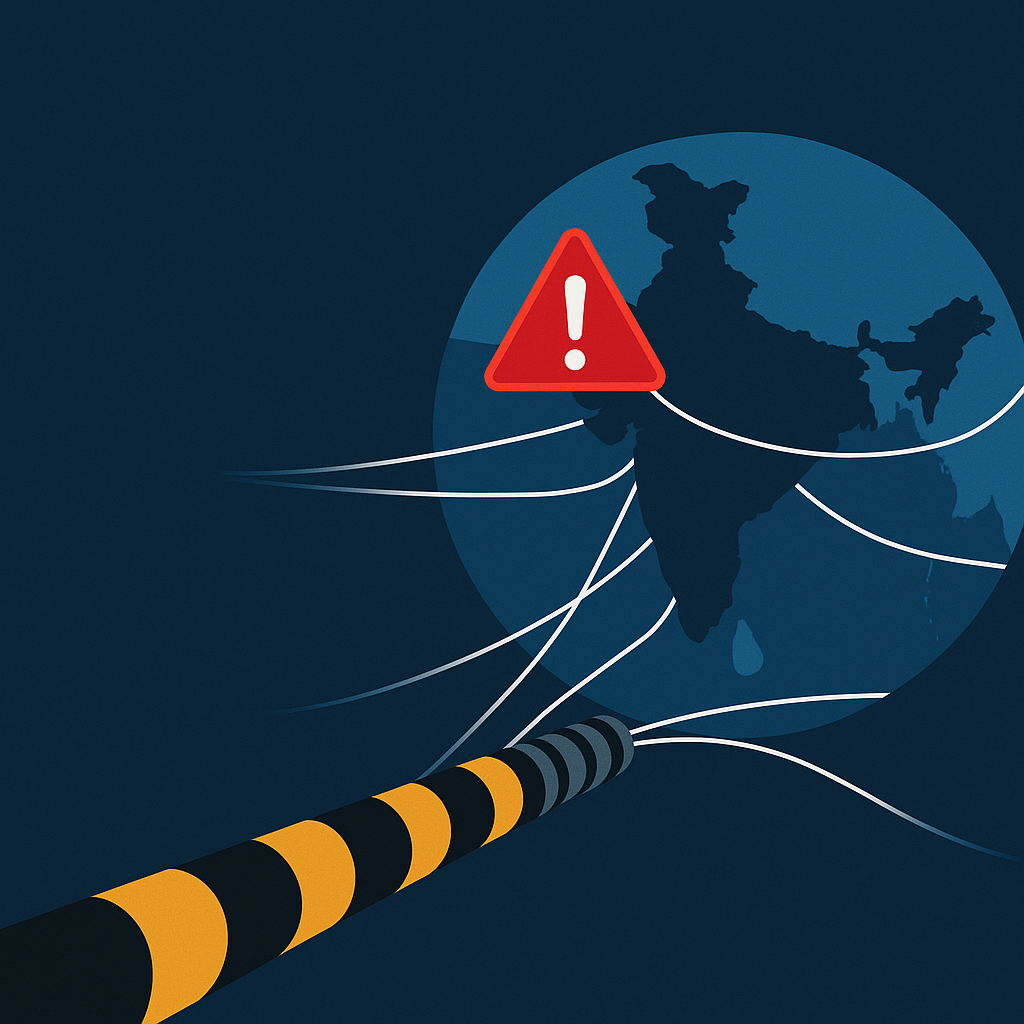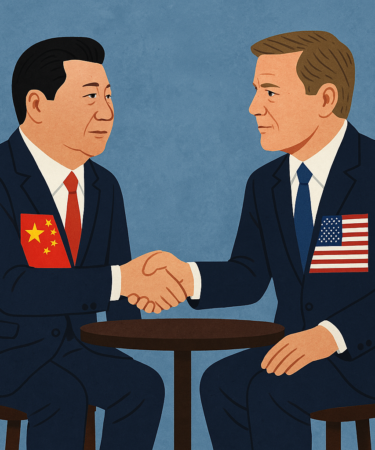Climate services constitute a critical part of climate action, especially climate change adaptation and resilience-building. As the effects of climate change worsen, the need for effectively communicating the most credible climate information to the concerned sectors and actors has assumed greater significance. Climate services are best characterised by “easily accessible, timely, and decision-relevant scientific information” …

The Hidden Hand of Harmonisation
Even as a stalemate continues to dog the Naga peace process with no headway in sight, the development that has stolen the show is the coming over ground of a goodly group of insurgents from the National Democratic Front of Bodoland (Saoraigwra) (NDFB(S). Billeted until recently in Myanmar’s Taga area abutting the Chindwin River, the …

Will Internal Protests hurt India’s Foreign Policy Interests?
The current protests against citizenship issues are serious and the Government has to find a way to reassure the minorities that citizenship will not be made contingent upon belonging to a particular religion. The perception that the Citizenship Amendment Act (CAA) is the first step towards turning India into a “Hindu Rashtra” has given the …

Time to Choose Sides in Indo-Pacific Cold War
It is imperative for India to choose either the US or Chinese side in matters military. The Atlantic Alliance became the cornerstone of US foreign policy since 1945, with the consequence that Russia (then the USSR) once again displaced Germany as the prime threat. As a consequence, numerous technology control regimes began to get …

Tsai Ing-wen Wins a Second Term!
The re-election of Tsai Ing-wen of the pro-independence Democratic People’s Party (DPP) as the President of Taiwan on 11 January 2020 is nothing short of historical. Tsai won the re-election with a 57.1 percent of votes and a clear majority. Since Tsai came to power in 2016, Beijing had undertaken concerted efforts to limit the …

Soleimani Must be Smiling at Trump
There is a certain inevitability in the chain reaction caused by Soleimani’s killing. President Donald J. Trump has based his policy towards Iran on the postulate that an economic strangulation of the country would lead to bloodshed on the streets and a Ceausescu-style meltdown of the clerical regime that has enjoyed full power in …

Kim Jong Un Prepares ‘Deadly Deterrent’ against US First Strike
In the calculation of military planners advising the DPRK leadership core, a second strike by North Korea that reaches Guam and Tokyo is enough to deter a US-Japan pre-emptive attack on North Korea, although ‘reaching the eastern shores of the continental US remains the objective’ of Kim’s missile program. Those in touch with the …

Russia’s Star City: Enduring Legacy of the ‘Vyomanaut’s Gurukul’
India is aiming to become the fourth country to send humans to outer space by 2022, joining an elite club of nations (Russia, the US and China) with this capability. India’s Gaganyaan mission to sendits own crew to space has entered a crucial phase, with the selection and training process of “vyomanauts” for the mission …

The End in Sight for the Qatari Crisis? Assessing the Factors and Challenges
Introduction In July 2017, the GCC countries, mainly Saudi Arabia, Bahrain and the UAE, alongside Egypt, imposed sanctions and cut off diplomatic ties with Qatar, stating that the country was supporting terrorist organizations and also interfering in the internal affairs of other countries in the West Asian region. These countries accused Qatar of promoting an …

Forging India-Saudi Arabia-France Trilateral Security Partnership inthe Western Indian Ocean
Saudi Arabia’s decision to partner with India for securing the Gulf region signals the arrival of a new security actor in the Indian Ocean. This decision follows the attacks on Saudi oil tankers and missile attacks on its overland oil processing facilities. The Indian and Saudi Arabian navies will engage in their maiden bilateral naval …









